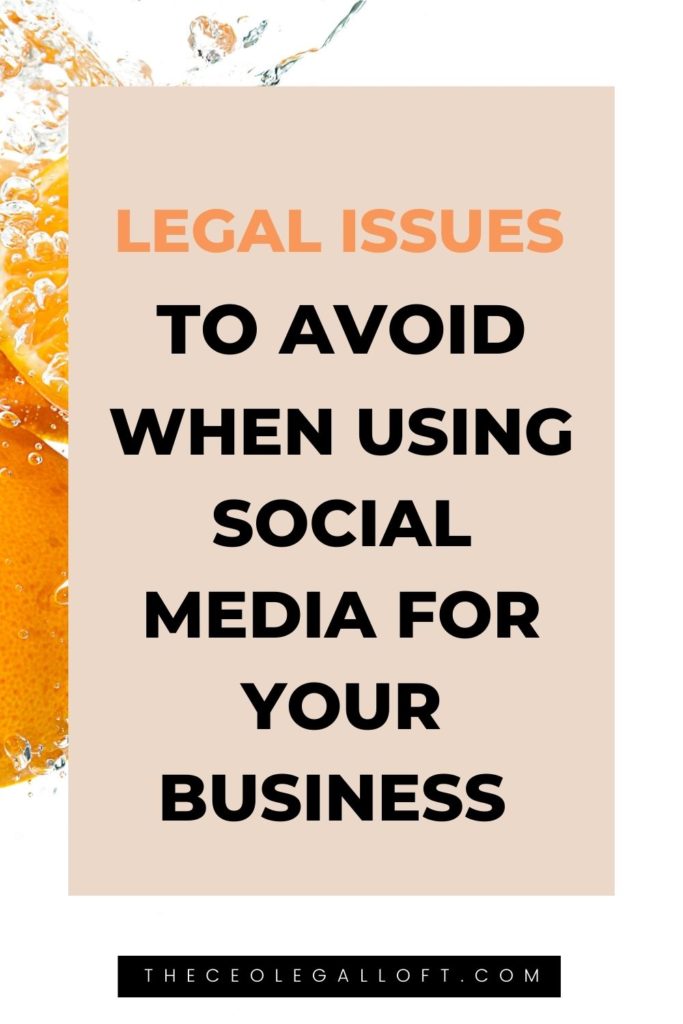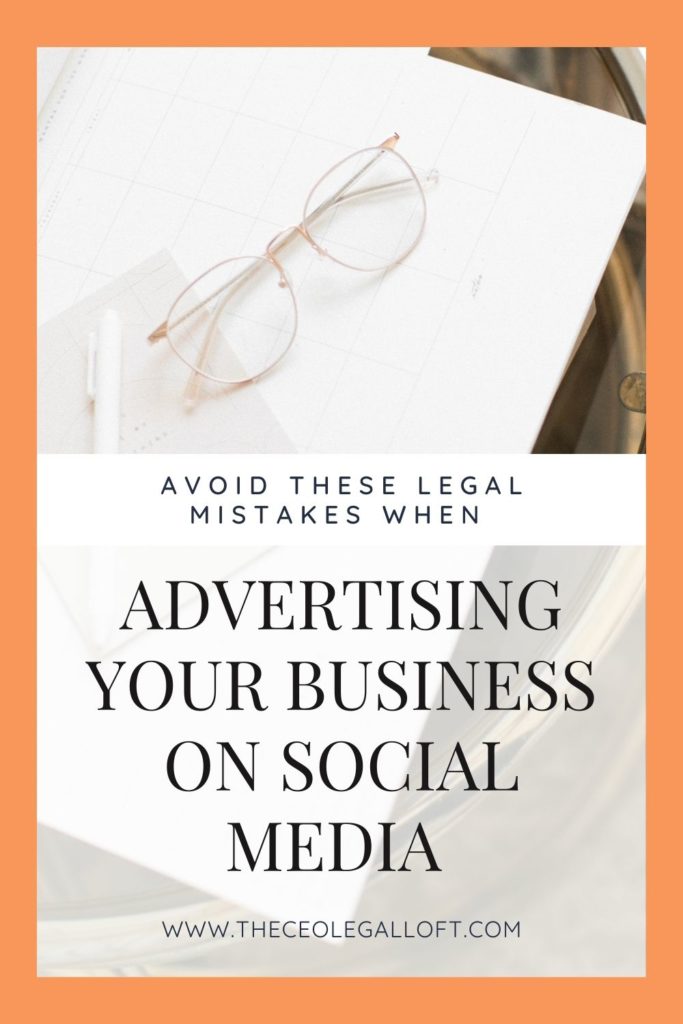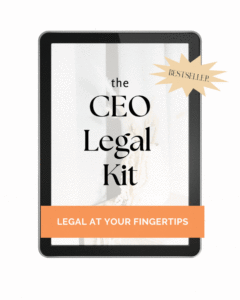Social media is continuing to grow and is being used heavily to advertise for business to get brands the exposure they need. However, social media can cause a lot of liability in terms of legal issues that might come up. With new updates to the law more often than ever, business owner’s could be opening themselves up for lawsuits when using social media. In this article, we’ll discuss the legal issues you’ll face while advertising on social media and how to avoid them.
Using posts as advertisements that mislead consumers
If you choose to have a social media presence you’ll need to comply with legal guidelines for advertising. The Federal Trade Commission (FTC) enforces laws and regulations that protect consumers and they’ve created guidelines that you need to follow. Here are a couple areas that you need to be concerned with:
- Posts as advertising: If a post implies that your business is making certain claims about a product or service, then those claims may be considered advertisements. Depending on the context, other posts may also be considered advertisements even if they don’t explicitly make any claims about your products or services.
This is important because any claim you make in advertising has to be truthful and not misleading. You need to have evidence to back up any claims you make. Before posting anything that might be considered an advertisement, think carefully about whether it would mislead consumers or whether anyone could reasonably interpret it as misleading.
- Posts as endorsements: Some advertisers use others to promote their products (influencers). This would constitute an endorsement. The Federal Trade Commission has guidelines for how endorsements must be disclosed, including the fact that they are paid endorsements.

Failing to protect content that you post on social media
While using social media to advertise, many businesses create blogs, websites and social media pages that include valuable content. Things like original photographs, articles, and written descriptions of their products. In some cases, companies may even be using online videos to demonstrate and educate.
But if you haven’t taken steps to protect this content, it could be used by someone else without permission. This can happen if users copy the content onto their own websites or share it on social media without giving credit where credit is due. To prevent this from happening, you should register copyrights for all original content you post online — including photos and videos — so that you have the option to take legal action if anyone distributes them without permission.
Posting intellectual property without permission
User generated content (UGC) is so important for business owners, but it can also get you into trouble.
Intellectual property is one area that can trip up businesses when posting photos, music and videos. Companies should be careful not to infringe on the intellectual property rights of other companies, artists or individuals by posting content without permission.
This includes UGC, like reviews and testimonials. One way to avoid getting in trouble using reviews is having a testimonial release.
A testimonial release is used when an individual agrees to share comments about their experiences with a company. It allows the company to post those comments on its website or social media accounts, without being obligated to pay the individual for their endorsement or publicity rights.

Takeaway: If you aren’t following the legal guidelines for advertising on social media, you’re leaving your business open to lawsuits and fines.
The legal guidelines for advertising on social media are complex and often controversial. But what we’ve learned is that, as with so many things, education is key to minimizing these risks. Take the time to learn about your business’s legal responsibilities before you make a misstep (which you can do simply by checking out the resources in this article). It’ll save you a lot of potential headaches in the long run.

Learn more about the legal guidelines to advertise online inside of The CEO Legal Kit.

+ show Comments
- Hide Comments
add a comment